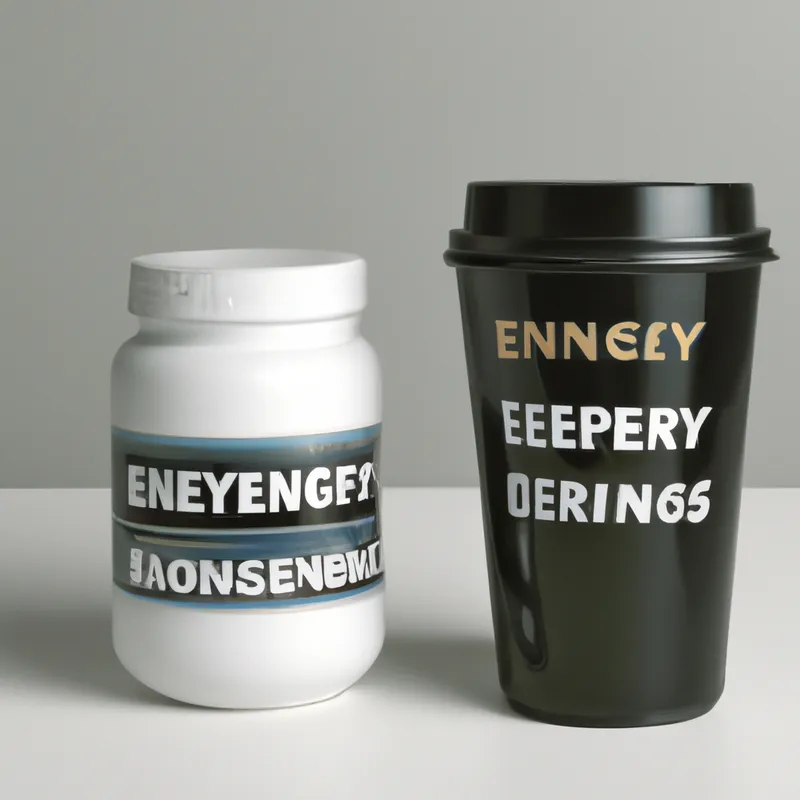Recognize the Hidden Risks of Caffeine Overload
Understanding the Dangers of Excessive Caffeine Intake
Caffeine serves as a popular stimulant in coffee, tea, soft drinks, and energy drinks. Millions worldwide use caffeine to boost energy, enhance focus, and improve mood. Moderate caffeine intake offers benefits, but excessive consumption poses serious health risks. Knowing these dangers is crucial for caffeine users.
What is Caffeine?
Caffeine acts as a central nervous system stimulant. It temporarily combats drowsiness and restores alertness. Caffeine blocks adenosine, a neurotransmitter that promotes sleep. This action raises levels of dopamine and norepinephrine, leading to caffeine’s invigorating effects.
You naturally find caffeine in coffee beans, tea leaves, and cacao pods. Many processed foods and drinks also include added caffeine, especially energy drinks and certain sodas. Many individuals enjoy caffeine for its taste and stimulating effects. However, overindulgence often leads to underestimated negative consequences.
How Much Caffeine is Too Much?
The U.S. Food and Drug Administration (FDA) recommends a maximum of 400 mg of caffeine daily for most adults. This amount equates to about four 8-ounce cups of brewed coffee. Individual tolerance varies based on body weight, age, genetics, and medical conditions. Pregnant women should generally limit their intake to 200 mg daily due to fetal development risks.
To monitor your caffeine intake, keep a daily record. Pay special attention to energy drinks and supplements, which often contain higher caffeine levels than coffee or tea.
Recognizing the Symptoms of Overconsumption
Excessive caffeine consumption can cause various unpleasant symptoms. Common signs of overconsumption include:
– **Insomnia or disrupted sleep patterns:** High caffeine intake may hinder your ability to fall or stay asleep, leading to chronic fatigue.
– **Increased heart rate (tachycardia):** Many people feel a racing heart after consuming large amounts of caffeine.
– **Jitters or nervousness:** Excessive caffeine often causes jitteriness or anxiety, frequently termed a “caffeine crash.”
– **Digestive issues:** High caffeine doses can cause gastrointestinal discomfort, including upset stomach or diarrhea.
– **Headaches or migraines:** While some use caffeine to relieve headaches, excessive amounts can trigger them in others.
If you experience any of these symptoms, reconsider your caffeine intake. Consulting a healthcare professional can offer personalized advice based on your health.
Dangers of Excessive Caffeine Intake
While caffeine has advantages, consuming too much can lead to serious health issues.
Conclusion
Understanding caffeine’s risks helps users make informed choices about their intake. Moderation is key to enjoying its benefits safely.
Below are related products based on this post:
FAQ
What are the common symptoms of excessive caffeine intake?
Common signs of overconsumption include insomnia or disrupted sleep patterns, increased heart rate (tachycardia), jitters or nervousness, digestive issues like upset stomach or diarrhea, and headaches or migraines. If you experience any of these symptoms, it may be time to reconsider your caffeine intake.
How much caffeine is considered safe for most adults?
The U.S. Food and Drug Administration (FDA) recommends a maximum of 400 mg of caffeine daily for most adults, which is roughly equivalent to four 8-ounce cups of brewed coffee. Individual tolerance can vary based on factors such as body weight, age, genetics, and medical conditions.
Can pregnant women consume caffeine safely?
Pregnant women should generally limit their caffeine intake to 200 mg daily due to potential risks to fetal development. It’s important for expectant mothers to monitor their caffeine sources, including coffee, tea, and energy drinks, to stay within this recommended limit.















Post Comment